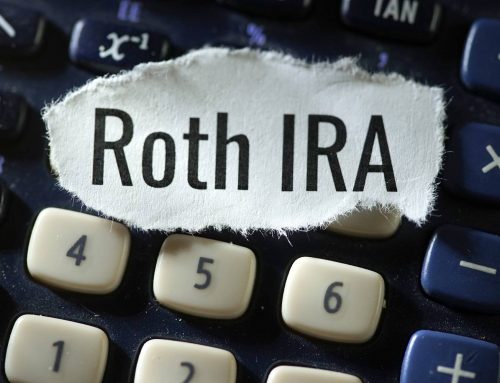Probate is the process of proving the validity of a will and supervising the administration of an estate usually in the probate court. State law governs the proceedings in the probate court, so the process can vary from state to state. Supervising the administration of an estate can result in additional expense, unwanted publicity, and delays in the distribution of estate assets for a year or longer, which is why planning to avoid the probate process may be beneficial.
There are several ways in which assets may transfer on death directly from the decedent/owner to others without probate. The following are some of the more common ways.
Create a living trust. A revocable living trust is a separate legal entity that can be set up to hold assets. You can transfer most assets to a living trust while you’re alive and have complete access to and control of those assets during your lifetime. You can also direct who is to receive assets held in trust upon your death. The use of trusts involves a complex web of tax rules and regulations, and usually involves upfront costs and ongoing administrative fees. You should consider the counsel of an experienced estate planning professional before implementing a trust strategy.
Name a beneficiary. Many types of contracts allow you, as the account owner, to designate a beneficiary or beneficiaries to receive the assets directly upon your death, avoiding probate. Examples include life insurance, annuities, and retirement accounts such as IRAs and 401(k)s
Make accounts payable on death. Certain other types of accounts, such as bank accounts and brokerage accounts, also allow you to designate a beneficiary to inherit the account at your death without going through probate.
Own real estate jointly or create a life estate. Owning property jointly, as joint tenants with rights of survivorship, is another way to transfer property at death while avoiding probate. When one joint owner dies, property ownership automatically transfers to the surviving joint owner. You can also create a life estate in the property. In this case, you transfer ownership of the property to others, often called remainder beneficiaries, while you retain a life estate in the property. This means you have the right to use and control the property during your lifetime. Upon your death, complete ownership of the property passes to the remainder beneficiaries.
Prepared by Broadridge Investor Communication Solutions, Inc. Copyright 2022
Non-deposit investment products and services are offered through CUSO Financial Services, LP (“CFS”) a registered broker-dealer(Member FINRA/SIPC) and SEC Registered Investment Advisor. Products offered through CFS: are not NCUA/NCUSIF or other wise federally insured, are not guarantees or obligations of the credit union, and may involve investment risk including possible loss of principal. Investment Representatives are registered through CFS. The Credit Union has contracted with CFS for investment services. Atria Wealth Solutions, Inc. (“Atria”) is a modern wealth management solutions holding company. Atria is not a registered broker-dealer and/or Registered Investment Advisor and does not provide investment advice. Investment advice is only provided through Atria’s subsidiaries. CUSO Financial Services, LP is a subsidiary of Atria.







